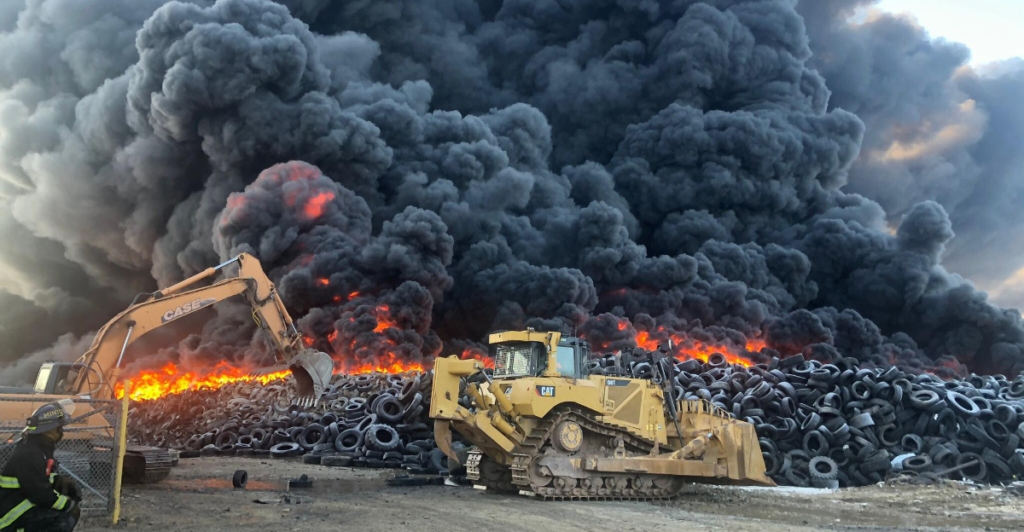
50 million waste tyres are produced annually by the UK, close to 700,000 tonnes. And these tires need to be disposed of and recycled. People get the impression that the tires get recycled responsibly in the form of rubber crumbs for sports surfaces, playgrounds, and the industrial sector. But in actuality, more than half go to India in the assurance that they would get recycled, only to be burnt by crude, unchecked pyrolysis factories.
Such haphazard furnaces are operating outside the law, releasing deadly fumes into the air, poisoning factory workers, and annihilating community life. Despite formal reports stating the contrary, none of these tires reach legitimate recycling facilities. The British government states that there are strict regulations, but insiders in the industry reveal the universal deception. A human rights and environmental crisis lying behind bureau rhetoric and greed.
Pyrolysis—A Catastrophic “Solution”
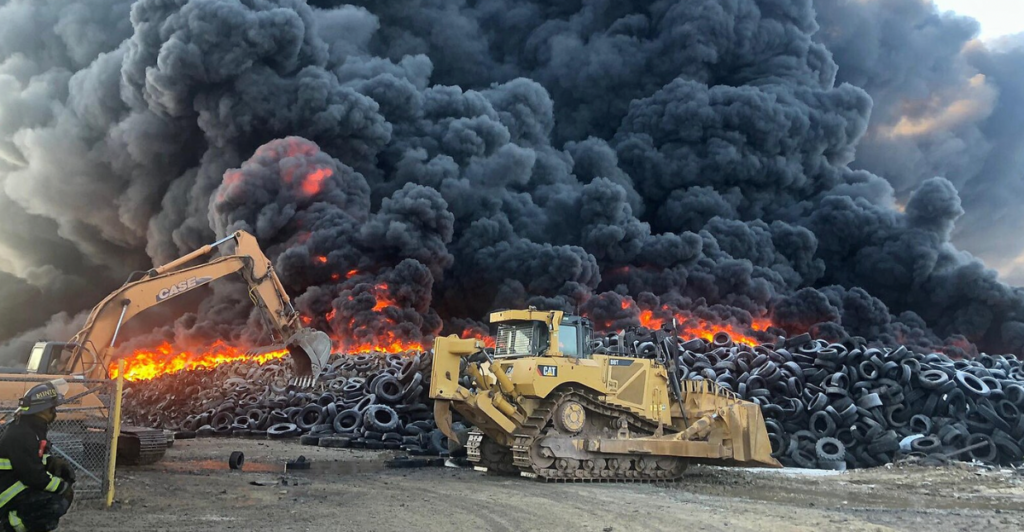
Pyrolysis, the technique employed in illicit tire-burning mills, entails burning tires under low-oxygen conditions at more than 500°C. Theoretically, this reduces tyres into recyclable commodities: oil, carbon black, and steel. In practice, India’s open mills are pressure-cooker abattoirs, ejecting deadly toxins into the air and water.
Researchers at Imperial College London have issued warnings that long-term exposure to these emissions causes respiratory disease, cardiovascular sickness, neurological disorders, and a heightened cancer risk. Residents living in proximity to these facilities experience chronic coughing, skin ailments, and conjunctivitis. Most of the pyrolysis plants do not even have basic pollution control equipment and are some of the most toxic industrial areas on Earth. This is not recycling: it’s an environmental disaster unfolding in slow motion.
A Black Market Feeding Disaster
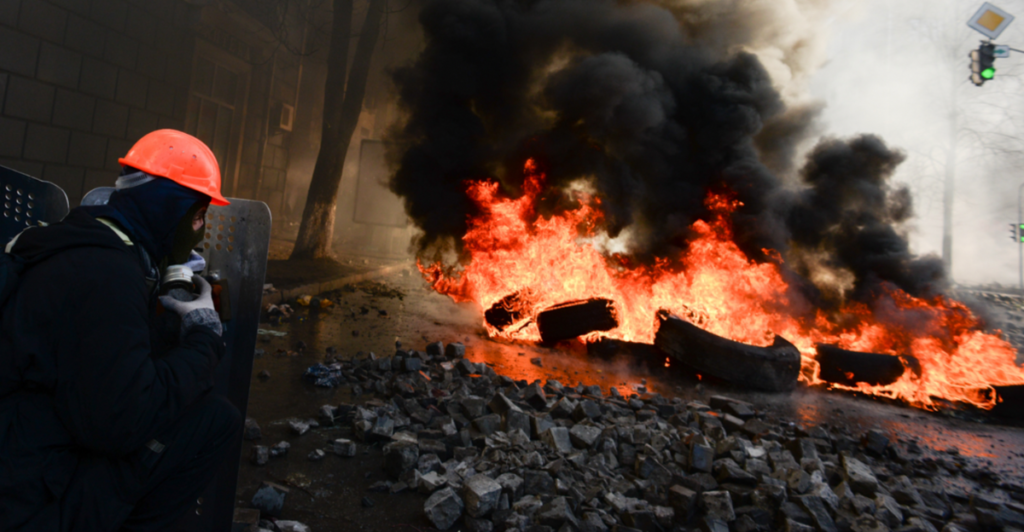
The UK tire dumping business is rife with dishonesty. When a customer pays between £3-6 recycling charge on a tire, they assume it’s being disposed of professionally. The traders take advantage of loopholes and bale tires for export under false declaration. Industry experts acknowledge that 70% of tires dispatched to India’s so-called “recycling” marketplace actually end up being dealt with in backstreet pyrolysis dumps.
India prohibits the pyrolysis of tires brought in from elsewhere, but British traders do so knowingly, using forged documents to cover their tracks. There is actually minimal regulation in the industry. The financial incentive is self-evident: the export of tyres costs a fraction of what it would take to buy proper recycling equipment. This wild-west system puts profits ahead of the health of human beings and integrity of the environment, exporting the issue rather than addressing it.
UK Tyre Exports’ Human Cost
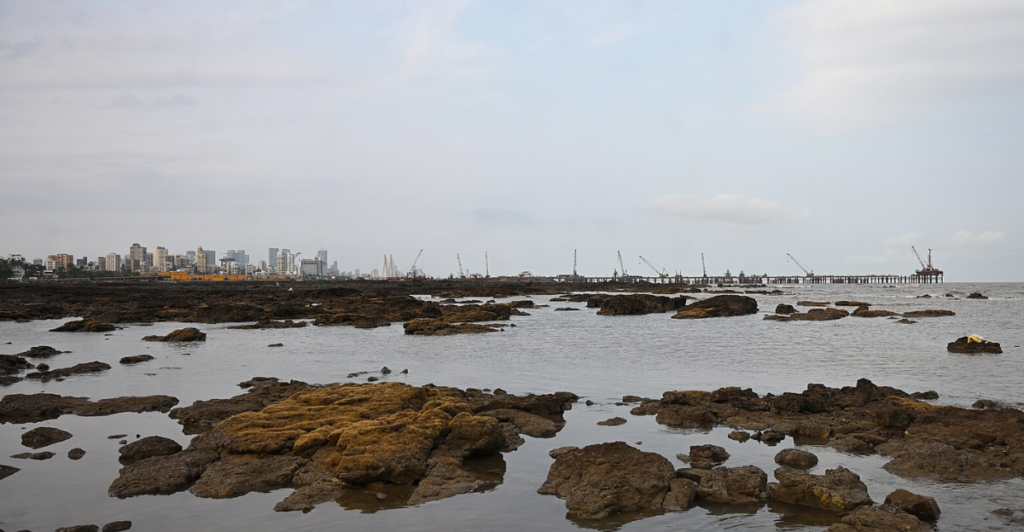
Wada, a village on the outskirts of Mumbai, is a cloud of toxic fumes. The air sears the lungs, water is poisoned, and the ground is dying. Pyrolysis factories here incinerate daily imports of thousands of tires, emitting a toxic cocktail of cancer-causing poisons. Last January, there was an explosion in one that killed four, two of whom were children.
Burning, toxic spills, and disasters are inevitable, but politicians can’t call for shutdowns since they’re corrupt and financially reliant on the business. When caught out, British exporters lament that they “can’t control” what happens once tyres have been delivered in India. By this abdication of responsibility, British waste kills Indian lives. The issue is the prioritization of profit over environmentally sound waste management.
Widespread Environmental Destruction
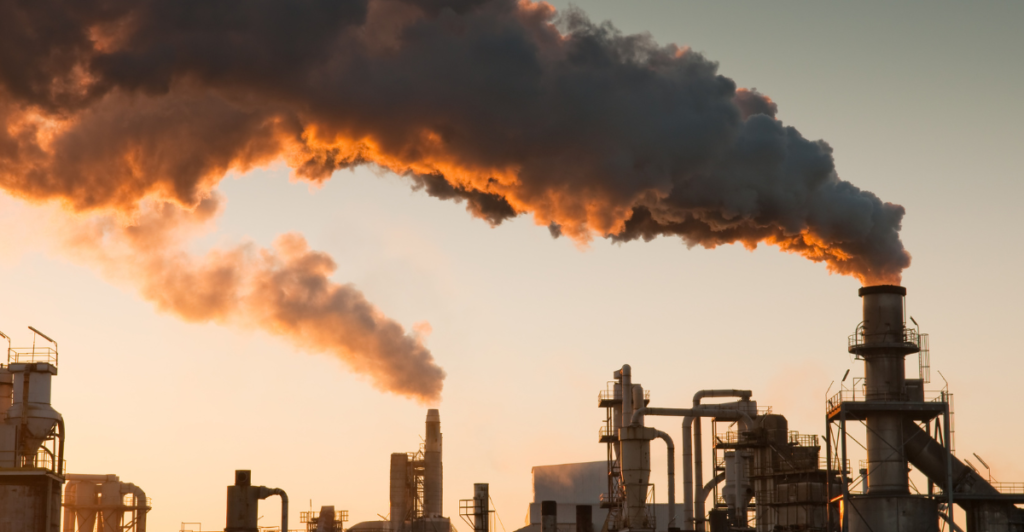
Illegal tyre pyrolysis pollution is destructive. These factories emit black carbon, sulfur dioxide, nitrogen oxides, and dioxins: some of the most toxic airborne pollutants known to science. Black carbon is a driver of climate change because it traps the sun’s radiation and retains heat. The chemicals that spill from these factories poison nearby waterways, killing fish and tainting the water supply for human use.
Soil surrounding pyrolysis facilities is typically bare, sooted and toxic. Entire ecosystems are disintegrating under the stress of this unrestrained industry. These plants don’t have a filtration system like regulated incinerators, meaning that every pound of waste goes directly into the environment. The UK waste shipped to India not only harms India: it adds to world climate unpredictability, injuring us all.
Loopholes That Keep the Trade Alive
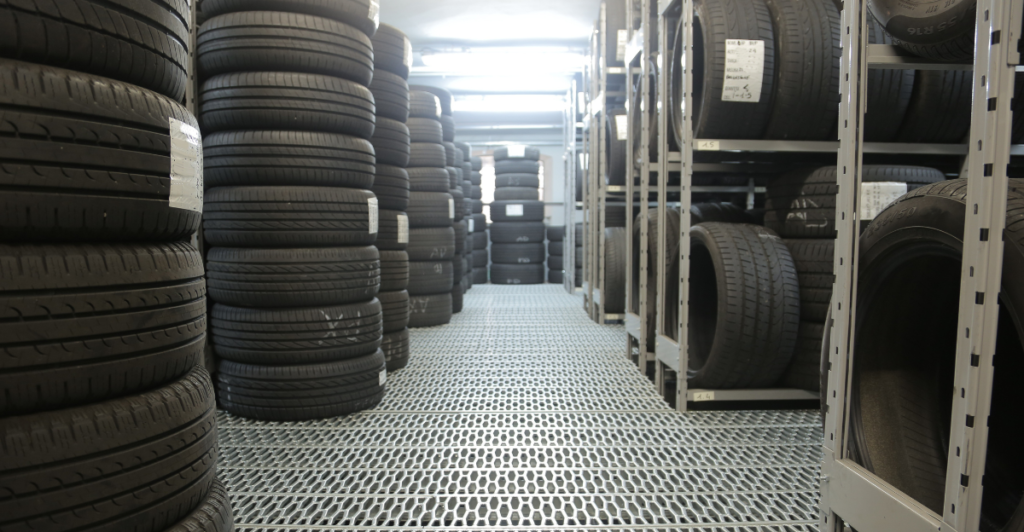
There is legislation to control the export of waste, but loopholes allow criminals to thrive. The UK’s “T8 exemption” permits small firms to handle 40 tonnes of tires weekly without full regulation. The majority of dealers abuse it, exporting well in excess of their quota with little likelihood of enforcement. India’s ban on tyre import for pyrolysis is too easily evaded through bribery and misdeclaration of consignments.
While Australia prohibited tyre exports when it discovered equivalent fraud, the UK still allows the trade. Controllers don’t have the resources or inclination to examine what really happens behind closed doors. Institutionalized failure to preserve the status quo is no accident. With loose enforcement, the fraud and destruction cycle will continue.
The Economic Incentive to Keep Burning
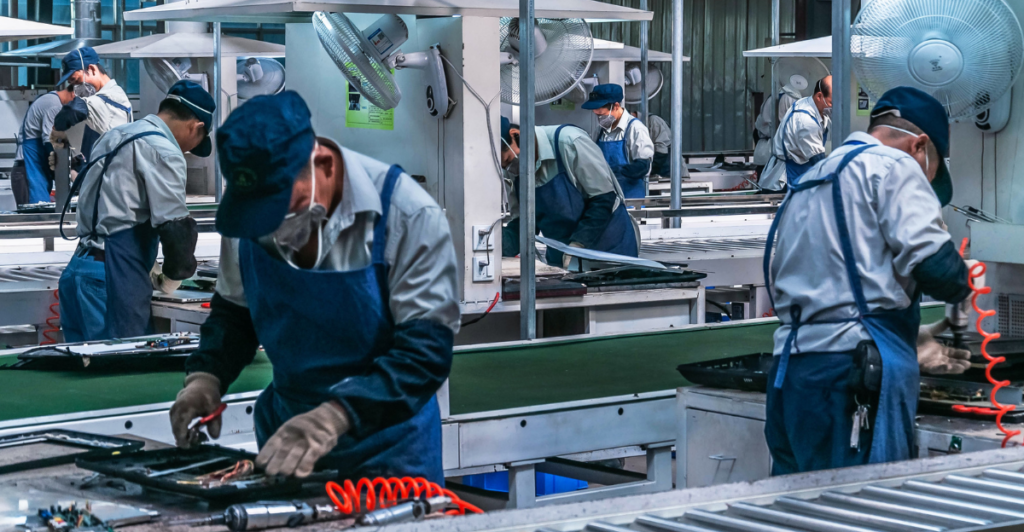
Illegal pyrolysis works because it is economical. Tyre oil is available at a fraction of the cost of crude oil and is thus attractive to businesses that are looking for cheap fuel. Carbon black, also an offshoot, finds its way into dyes, plastics, and rubber but is laced with heavy metals. Factory workers, who are usually migrants or extremely poor individuals, receive paltry wages to work under deplorable conditions without being immunized against disease.
While UK companies shun the disastrous expense of proper recycling, the bottom line is simple: exports pay, regulation costs. Until this moment is changed, either by banning exports or a harsher punishment system, the temptation to take advantage of foreign markets will be too strong to resist.
Why the UK Government Won’t Act
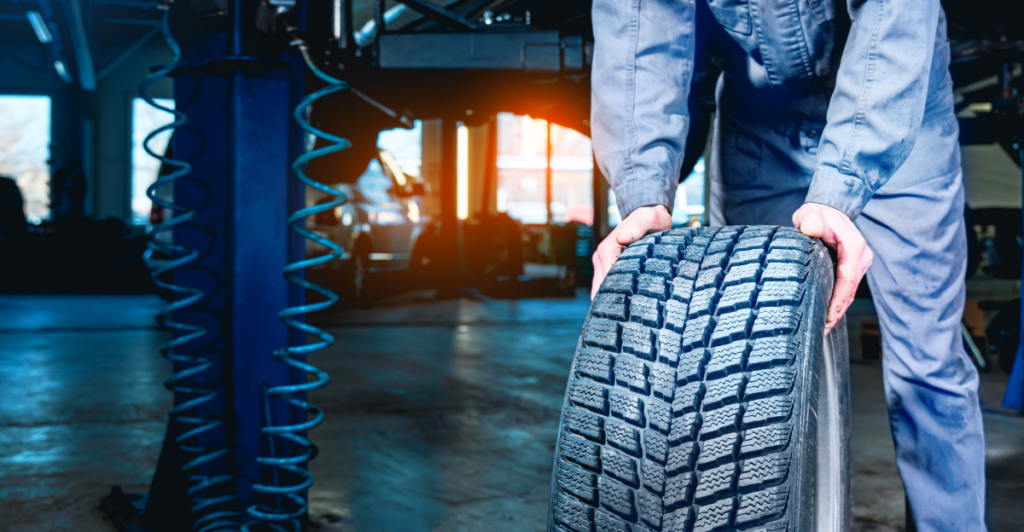
Despite knowing the severity of the crisis, UK authorities are complacent. Defra says it has tough controls, such as fines and prison sentences, to prevent illicit exports. But insiders say enforcement is poor, and criminals have little chance of being caught, let alone punished. Britain’s waste policy is more concerned about ease than accountability and just wants to shift environmental costs to other nations.
Activists such as Georgia Elliott-Smith stress that tyres need to be regulated as hazardous waste, which will impose tighter controls. But there are strong lobbies from industries that resist on the grounds that regulation will cost more and be bad for business. But the facts are clear: as long as government inaction continues, tires by the million will continue their lethal voyage to India.
Real Solutions Exist—but Require Action

The solution is simple: the UK needs to ban waste tire exports, as Australia has. Plowing funds into on-shore recycling plants, such as next-generation shredding and devulcanization, is likely to create jobs, preserve the environment, and prevent hazardous exports. Stringent surveillance mechanisms, such as GPS tagging of consignments, would make illegal diversions impossible.
Unanimous fines and criminal convictions for companies disdaining export law must be enforced. In the meantime, consumer consciousness is key: drivers should insist on evidence that their used tyres are recycled responsibly. That single step won’t solve this crisis over night, but inaction will ensire it persists. The UK possesses the capability and expertise to repair this. The issue is merely whether it possesses the political will.
The Final Verdict—A Manufactured Disaster

Mass exports of UK tyres to India’s illicit pyrolysis facilities seem to be a profit-driven decision. At this point, it’s more of a humanitarian ussie, an environmental catastrophe, and a humiliating corruption of regulatory purpose. Thousands are getting ill, wildlife is heavily affected, and air all over the world is becoming increasingly polluted for a few extra bucks per tyre.
False promises towards “Greener” choices conceal a poisonous truth. Until the law changes, consumers have to act themselves by holding politicians and tyre dealers accountable. Each passing day in which nothing is done creates more polluted air, more suffering communities, and more pressure on the planet. This is not just India’s problem: it’s our problem. And it’s time to stop making excuses.
Explore more of our trending stories and hit Follow to keep them coming to your feed!

Don’t miss out on more stories like this! Hit the Follow button at the top of this article to stay updated with the latest news. Share your thoughts in the comments—we’d love to hear from you!







